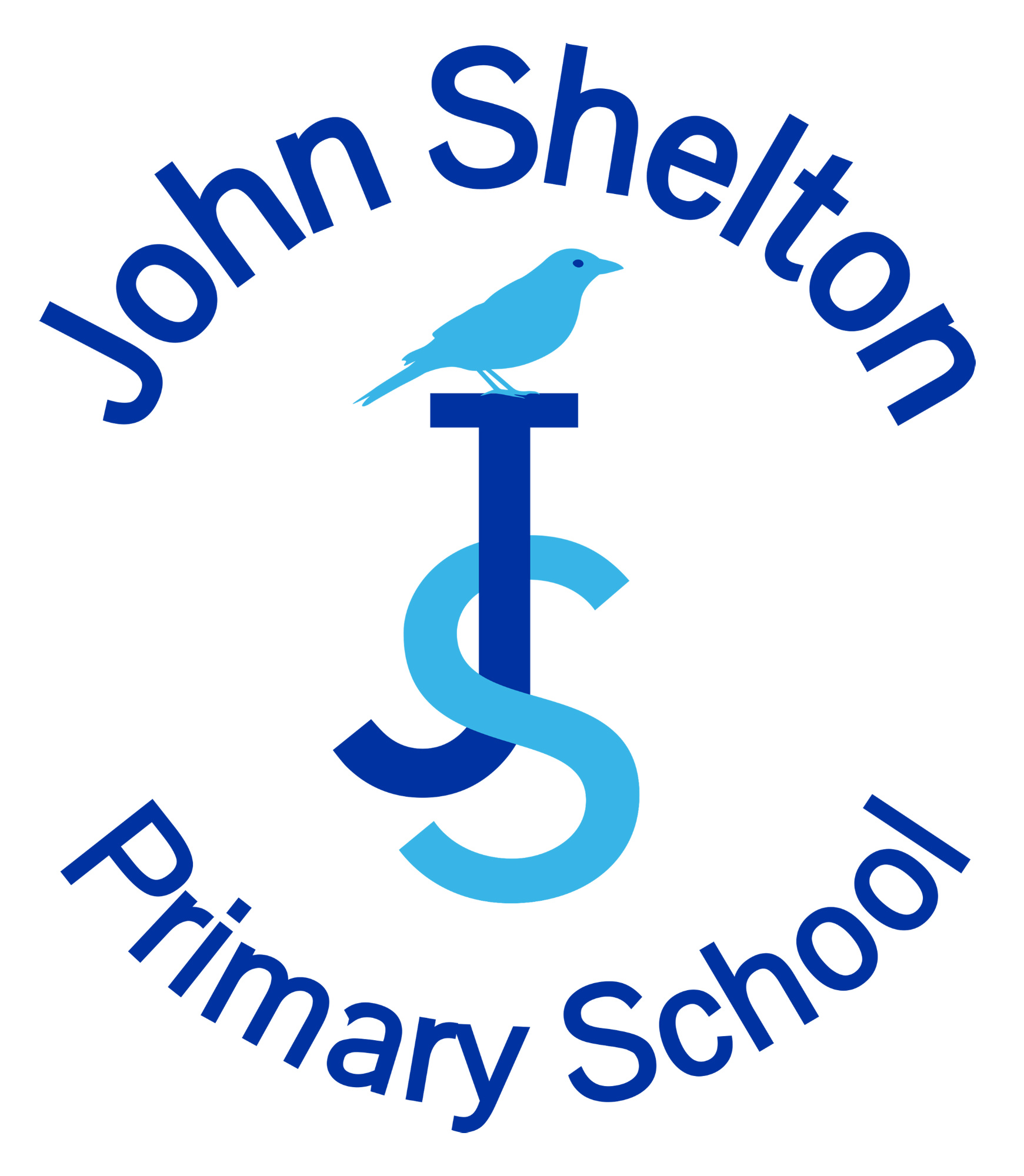Mathematics
Intent
At John Shelton Primary School we aspire for all children, parents, teachers and Governors to appreciate and explore the inherent beauty of mathematics. For them to recognise that they are surrounded by and use mathematical ideas, not just throughout the school day, but constantly in everyday life. We nurture a ‘can do’ attitude, where mistakes are seen as learning opportunities, difficulties are met with resilience and challenges are met with perseverance.
Our maths curriculum equips our pupils with the mathematical thinking and problem-solving skills necessary for lifelong success. It is our intent that our children are fluent in number facts, effective problem solvers, efficient in calculations and confident with numbers.
Implementation
To implement the maths curriculum effectively, our school:
- Adopts the White Rose Maths schemes of learning: We follow the structured schemes of learning provided by White Rose Maths, ensuring a coherent progression of mathematical knowledge and skills. We regularly review and update our curriculum to align with the latest materials. This is supplemented with other resources to ensure our offer is rich and varied.
- Provides high-quality teaching: Our teachers are well-trained in planning and delivering effective mathematics lessons aligned with the philosophy of mastery mathematics. They use a range of teaching strategies, including whole-class teaching, carefully designed resources and a concrete, pictorial and abstract approach to support the children’s conceptual understanding.
- Embeds fluency and reasoning: Fluency and reasoning are integrated throughout our mathematics lessons. We provide regular opportunities for pupils to develop procedural fluency alongside conceptual understanding, enabling them to apply their knowledge flexibly in different problem-solving contexts. All year groups have dedicated fluency time in addition to maths lessons where Mastering Number or PAL maths is taught.
- Adapts to meet individual needs: We ensure that all pupils receive appropriate support and challenge by adapting our teaching approaches and resources. This includes providing additional support for struggling learners, enrichment activities for high-attaining pupils, and tailored interventions to close individual gaps in mathematical understanding.
- Utilises formative assessment strategies: We employ ongoing formative assessment throughout our mathematics teaching to gauge pupils' understanding, identify misconceptions, and inform subsequent planning. Assessment is used formatively to provide timely feedback, support progression, and celebrate achievements.
- Promotes parental involvement: We actively engage parents and carers in supporting their child's mathematical learning. We provide regular updates on the curriculum, share resources and suggestions for home learning, and invite parents to workshops and events that promote mathematical understanding.
Impact
By embedding White Rose Maths and Mastering Number in our primary school, we expect to see the following impact:
- Improvements in attainment: Pupil outcomes in mathematics will show significant improvements, with all pupils making substantial progress from their starting points. The majority will achieve age-related expectations, while some will exceed them.
- Increased numeracy skills: Pupils will develop a secure foundation in mathematical knowledge and skills, enabling them to apply these confidently across a range of mathematical contexts. They will become fluent in mental calculations and written procedures.
- Enhanced problem-solving abilities: Pupils will become proficient problem solvers, equipped with the skills to tackle complex, multi-step tasks independently. They will be able to reason mathematically, justify their answers, and engage in creative and critical thinking.
- Positive attitudes and resilience: Pupils will develop a positive attitude towards mathematics, embracing challenges and persevering in the face of difficulties. They will gain confidence in their abilities, develop a growth mindset, and understand the relevance of mathematics in the wider world.
- Deep understanding and retention: Pupils will have a deep understanding of mathematical concepts, with the ability to connect and apply them in a variety of contexts. They will retain their mathematical knowledge and skills over time, enabling successful progression in secondary education.
Engaged learners: Pupils will be actively engaged in their mathematics learning, demonstrating enthusiasm, curiosity, and a desire to succeed.
Schemes of learning
We follow the White Rose materials for maths from Nursery to Year 6. Long term plans show blocked units of work throughout each academic year. These build on prior learning.
Lessons are planned in small steps to ensure that all children have a secure understanding of the concepts and procedures being taught. This allows the majority of children to progress through lessons together.
Fluency
We follow NCETM’s Mastering Number 1 and 2 in Reception, Year 1, Year 2, Year 4 and Year 5 for additional fluency practice. Years 3 and 6 follow PAL maths (Practice and Learn) for their fluency practice. Year 6 also use SATs arithmetic practise during these sessions.
